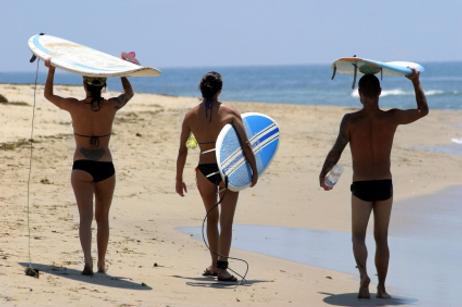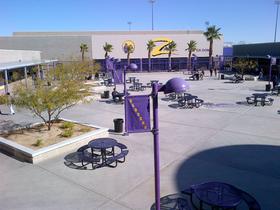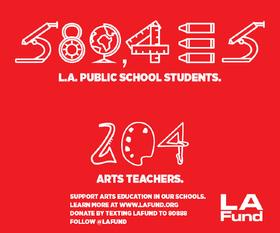High school athletics are an important part of many students’ lives, teaching them important life lessons such as hard work, perseverance and time management. In Hawaii, sports are an integral part of the high school culture, with a district that boasts more than 40 sanctioned sports and a number of championship seasons under their belts. Now the state will have one more sport to add to their repertoire – the state recently announced plans to make surfing a sanctioned sport in high schools across the islands.
According to a report at ESPN, the governor of the state, Neil Abercrombie, made the announcement in Waikiki, in the company of Lt. Governor Brian Shatz, Department of Education superintendent Kathryn Matayoshi, and Board of Education member Keith Amemiya. Women’s world surf champion Carissa Moore was also in attendance at the announcement.
Origins of Surfing
Hawaii has traditionally been considered the birthplace of surfing since the royalty of the islands used to surf across the waves as an expression of courage and competition. Today, the sport has become big across the globe, and competition has brought surfing to a new level of performance and acceptance. People come from around the world to test out Hawaii’s surfing opportunities for themselves, whether for recreational or competitive purposes.
“Hawaii is the birthplace of surfing,” Governor Abercrombie told the crowd on Waikiki, and ABC News when the announcement was made. “From Duke Kahanamoku to the thousands of residents and visitors who surf both recreationally and competitively, the sport is rooted in our way of life.”
With such a long-standing tradition of surfing on the islands, it makes sense that this would be the first state to launch a sanctioned sport in the high schools throughout the islands. Since the state of Hawaii is also the entire school district for the islands, it becomes somewhat easier to organize a competitive system for the high schools to participate in. The first competitive season could be scheduled as soon as spring of 2013.
Helping Students Find Their Way
Many believe that adding surfing as an official sport to Hawaii high school rosters is a good way to help even more students find a niche during their high school years. In the past, this sport has been one that students would choose to put before their classes, particularly if a new swell made the idea of sitting in a classroom nearly unbearable. Now Hawaiian surfing aficionados will have good reason to remain in class to ensure they are eligible to participate in the next surfing competition for their school.
Bethany Hamilton, who was portrayed in the movie, “Soul Surfer,” sent the following email message to Pete Thomas Outdoors, “I believe bringing surfing into the school system will encourage the kids in their academics and keep them in school; and I think it will be a fun healthy addition to their daily life, which a lot of kids need these days.”
Carissa Moore agrees that adding surfing to Hawaii’s list of sanctioned sports is a good idea. Moore said at KHON 2, “I think surfing is definitely a really good outlet for a lot of teens and young kids and it’s a way to channel a lot of energy in doing something positive, so yeah, this is really awesome.”
Superintendent Matayoshi is excited about bringing surfing to the Hawaiian high schools as well. Matayoshi told KHON 2, “Surfing is just a part of Hawaii and it’s wonderful that it will become a part of our public school sports.” With similar requirements to any other high school sport, students who are into surfing competitively will have one more reason to perform well in the classroom, when they are not riding the waves.
“Sports you know is a tremendous motivator for students,” Matayoshi explained. “For students to participate on their surf team, like any other athlete in the public schools, they will need to maintain their 2.0-grade point average.”
Long Time in Coming
The addition of surfing may have just been announced this year, but the idea was first introduced to the school board in 2004. While the school board actually approved of the addition at this time, the final change was a long time in coming. Questions about liability, funding, and safety concerns delayed the process for some time, but most of those questions have now been answered with plenty of work and discussion from the board and others involved in the process.
Students who participate on the surf team will be insured through their parents’ insurance policies. The cost to fund the sport, estimated at around $150,000 per year, will be handled strictly by private donations so that no money has to come out of the already-stretched Hawaii school budget to pay for the addition.
“It’s been a long time in coming and we’re really looking forward to a tremendous amount of community support to develop this sport in our schools,” Matayoshi said.
Competitions and judging will take place in a similar manner to professional surfing meets. There will be boy and girl champions, as well as team competitions. The addition of surfing brings the grand total of sanctioned sports in Hawaii high schools to 19, which is believed to be the most in the nation. School officials believe the offering of a wide range of sports is just one way to keep students on track throughout their high school careers.
“In our view, the more students that engage in athletics and other afterschool activities, the higher our student achievement rates will become,” Amemiya told ABC.
Questions? Contact us on Facebook. @publicschoolreview















